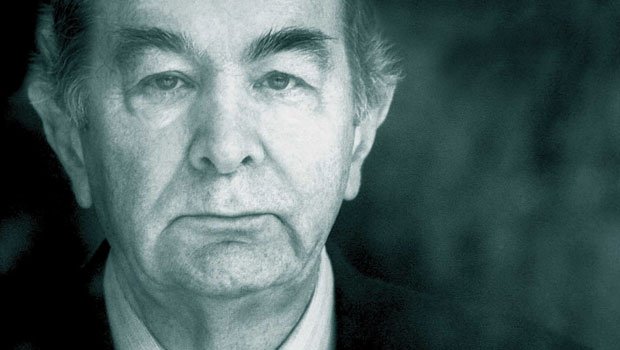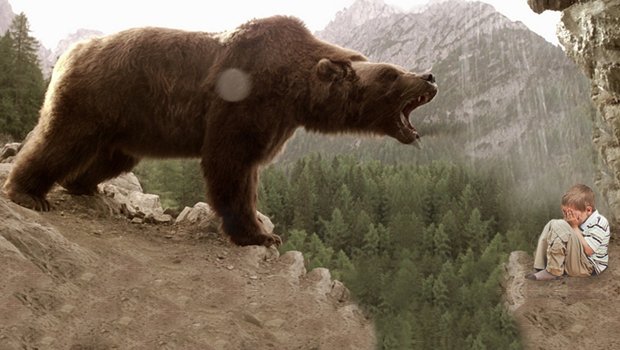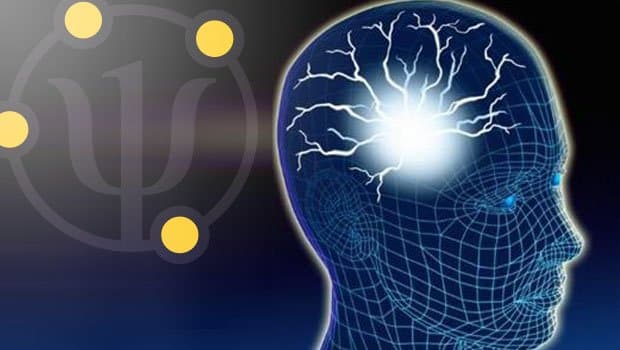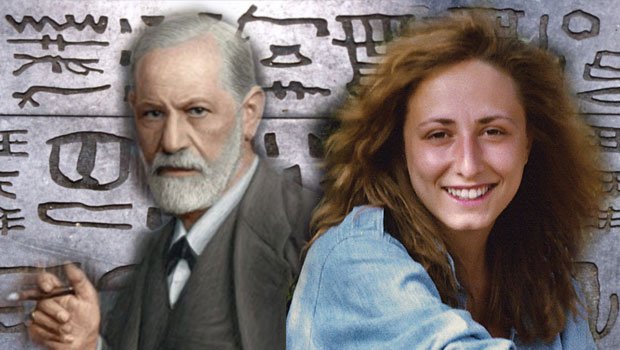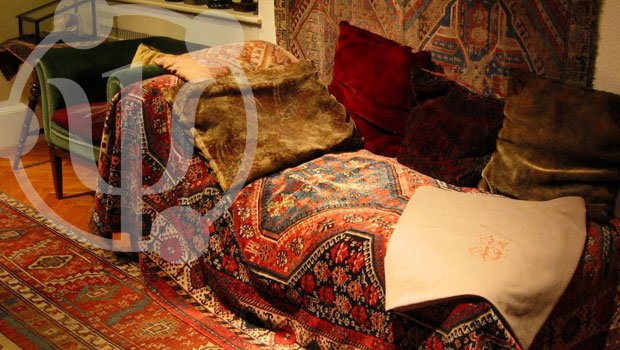
Fotocomposizione di Luca Zangrilli ©
Some months ago I was remarkably shocked by the vision of a television program which documented the enormous organisational, financial and human resource struggle made to save tens of thousands of penguins threatened by the umpteenth environmental catastrophe caused by the sinking of the oil tanker of the day (sooner or later we will end up drowning in petroleum!).
Thousands of environmentalists were spending their human and financial resources, and their time, working themselves into the ground, to save these cute marine birds.
It is certainly pleonastic to underline that even I, as many others, love animals: together with my family we live with two wonderful cats, Elvis and Pepe, with whom I have an intense affectionate relationship.
So I deeply appreciated the unselfish efforts made by those generous people. The fact is that, at the end of the same newscast, almost as if it were a distraction, a short report was proposed in which thousands of african children could be seen massed in a refugee camp slowly dying of hunger and thirst: there, there was no large presence of volunteers.
Apart from the efforts of the international organisations with their staff and a few religious and civil volunteers, hundreds of thousands, probably millions of children and adults of the human species are left to die every year in the indifference of the other individuals of the same species.
“Something is wrong”, I said to myself: and I tried to understand why.
I verified that, first of all, a necessary requirement to accomplish an act of love is establishing a process of identification (it is difficult to feel pity and compassion for a block of granite which is hammered to destruction since it is very difficult to identify oneself with it; and whilst the vast majority of us do not suffer much when killing a bee or a mosquito that molests us, we feel great difficulty in killing a dog, a cat, not to mention a chimpanzee).
Then the reading of a wonderful article by Nicola Peluffo of the title “Stranger or Autochthonous?” aided me.
In that article the prof. Peluffo posed himself a question similar to mine: “…for what reason should a human being feel like a brother to a dolphin to the point of not eating tinned tuna for the fear that it might contain dolphin meat, and at the same time not occupy himself minimally of the millions of human children who are exterminated daily through the voluntary abortions and of whose meat we do not know the destiny?
Of course not because the dolphin is a mammal: also too are the cows, rabbits, sheep, etc.
It is probable that the dolphin, fantastically, I should say oneirically, for many people is less extraneous, less Foreigner, than one’s own child who contains a part of the own genetic patrimony.
With a trivial expression I would say “so much for” biology and genetics, the psyche traces paradoxical paths which make us close the door, not only on an immigrant, but even on a bothersome relative“.
Peluffo suggests that the criteria of “brotherhood” and of “diversity” are notably influenced by the processes of identification and projection.
Only this can explain, I add, how a man of pale skin who lives in the industrialised West identifies himself more easily with a penguin than with an individual of his own species with dark skin, who speaks another language.
We must therefore find the significant similarities between what we are, or what we have been, and a penguin. If we reflect attentively we should not have great difficulty in ascertaining how each one of us has been a penguin: a clumsy bundle with only a hint of limbs which lives in an aquatic environment (the uterus), often exposed to environmental catastrophes (much more frequent than one thinks! The pregnancies which arrive “at term” are the minority in respect to those which are interrupted either for natural causes or traumatic ones).
The intrauterine traumas leave a well defined trace in the psyche which is being formed. To such increases of tension the foetus responds with the only means it has available: trying to move away from the traumatic stimuli.
Nevertheless, the tensional surplus which will not have been possible to dispose of through this elementary defence activity (foetal movements) will structure traces of memory.
When the uterine vicissitude has been overcome, the baby will progressively produce dreams that are always more structured and perhaps will dream a penguin in difficulty, dying, which the oneiric protagonist is trying to save.
There is nothing more powerful than an infantile desire which has not been achieved: such a force to push an adult to sail the ocean to bring help to a brother of another species in difficulty in the gelid Antarctic sea.
Written by: Quirino Zangrilli © Copyright
Translated by Linda De Nardo
Nel 2024 riceve il Premio Accademico d’Onore della Accademia Culturale Internazionale Cartagine 2.0.
Nel 2024 docente ad Almaty – Kazakhstan presso il workshop di psicoanalisi sul tema della violenza, promosso dall’Università di psicoanalisi di Mosca in collaborazione con l’Istituto svizzero di micropsicoanalisi.
Doctor Quirino Zangrilli was born in Fiuggi in 1955. Graduated with honours in Medicine and Surgery in 1980, he practices Psychoanalysis, with intensive method, since 1982. He is author of 72 scientific pubblications. He has attended as speaker or president of session to many national and international scientific Conventions. His book “La vita:involucro vuoto” (Life: empty involucre), published by Borla in 1993, has been in use by the Chair of Dynamic Psychology at Turin’s University since 1994. He is the author and founder of the multimedia review “Psicoanalisi e Scienza” (Psychoanalysis and Science), the most read Italian on line review of psychoanalysis. In 2012 he participated as a Speaker at the Scientific Festival of BergamoScienza. In 2013 he illustrated his research on the maternal-fetal interaction in the Special Session of the XI World Congress of Perinatal Medicine in Moscow with his relation “Intrauterine Imprinting”. He is visiting teacher at Moscow Institute of psychoanalysis and training psychoanalist of Swiss Institute of Micropsychoanalysis.
In 2024 he is a teacher in Almaty – Kazakhstan at the psychoanalysis workshop on the topic of violence, promoted by the Moscow University of Psychoanalysis in collaboration with the Swiss Institute of Micropsychoanalysis.
In 2024 he received the Honorary Academic Award of the Carthage 2.0 International Cultural Academy
Le Le Docteur Quirino Zangrilli est né à Fiuggi en 1955. Diplômé avec mention en Médecine et Chirurgie en 1980, il pratique la psychanalyse depuis 1982, en utilisant une technique intensive. Il est l’auteur de 72 livres et publications scientifiques. Il a participé en tant que conférencier ou président de session à de nombreuses conférences scientifiques nationales et internationales. Son livre “La vie : enveloppe vide”, publié par Borla en 1993, est adopté depuis 1994 par la Chaire de Psychologie Dynamique de l’Université de Turin. En 1994, il a reçu le “Prix national Ciociaria de médecine”. Il a conçu et fondé le magazine multimédia “Psicoanalisi e Scienza”, qui est le magazine de psychanalyse en ligne en italien le plus suivi au monde. (Source : Entireweb, Alexa, Google, Virgilio, Arianna., etc.). En 2012, il a participé en tant que conférencier à la colloque scientifique de BergamoScienza. En 2013, il a exposé ses études sur l’interaction materno-fœtale lors de la session spéciale du XIe Congrès mondial de médecine périnatale à Moscou avec le rapport “Intrauterine Imprinting”. Il est chargé d’enseignement au cours de spécialisation de trois ans en psychanalyse, psychothérapie psychanalytique et consultation psychanalytique à l’Université de Moscou. Il est membre didacticien de l’Institut Suisse de Micropsychanalyse et de la Commission pour la Pratique de celui-ci.
En 2024, il enseigne à Almaty – Kazakhstan à l’atelier de psychanalyse sur le thème de la violence, promu par l’Université de Psychanalyse de Moscou en collaboration avec l’Institut Suisse de Micropsychanalyse.
En 2024, il reçoit le Prix Académique Honoraire de l’Académie Culturelle Internationale Carthage 2.0.
В 2024 году является преподавателем в Алматы – Казахстан на семинаре по психоанализу на тему насилия, проводимом Московским университетом психоанализа в сотрудничестве со Швейцарским институтом микропсихоанализа.
В 2024 был награжден Почетной академической премией Академии Международной Культуры «Карфаген 2.0».





